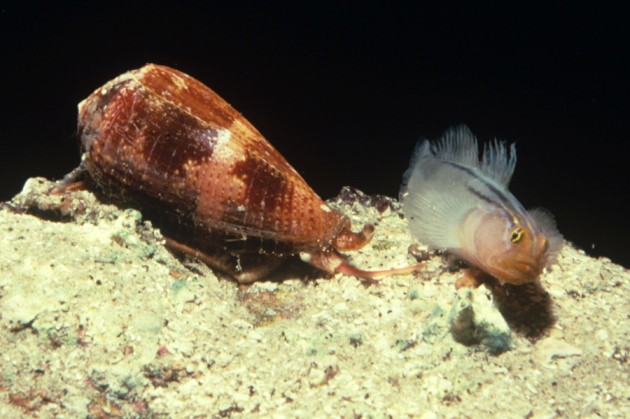Guidelines that forbid patents on a wide array of natural products, phenomena and principles have many in the biotechnology and pharmaceutical industries worried about the future of their business.
The rules, issued by the US Patent and Trademark Office in March, are open to public comment until 31 July and are reactions to two recent decisions by the US Supreme Court. In March 2012, the court ruled against Prometheus Laboratories in San Diego, California, saying that the company could not patent metabolite levels used to guide drug dosing. Then, in June 2013, the court rejected a patent claim by Myriad Genetics of Salt Lake City, Utah, on DNA sequences linked to breast cancer, opening the door for firms to develop genetic tests of breast-cancer risk. In both cases, the court based its decision on a section of patent code that forbids patenting “laws of nature, natural phenomena and abstract ideas”. The guidance now states that patentable inventions must be “significantly different” from any natural product.
The patent office has decided that because the decisions in these cases built on previous rulings that involved a wide range of natural phenomena and products, the policy should apply to all claims reciting or involving such laws of nature.
But critics say that many existing medicines would not have qualified for protection under this standard — and that deserving patents are now being rejected. “Not having patents means not having drugs,” says Kevin Noonan, a patent lawyer at McDonnell Boehnen Hulbert & Berghoff in Chicago, Illinois.
Sherry Knowles, a legal consultant in Atlanta, Georgia, and former chief patent counsel at the drug company GlaxoSmithKline, estimates that almost half the drugs approved in the United States from 1981 to 2010 would have been rejected under these guidelines because they were natural, derived from nature, consisted of biological molecules such as antibodies or were vaccines, which often contain natural ingredients such as pieces of genes or proteins.




